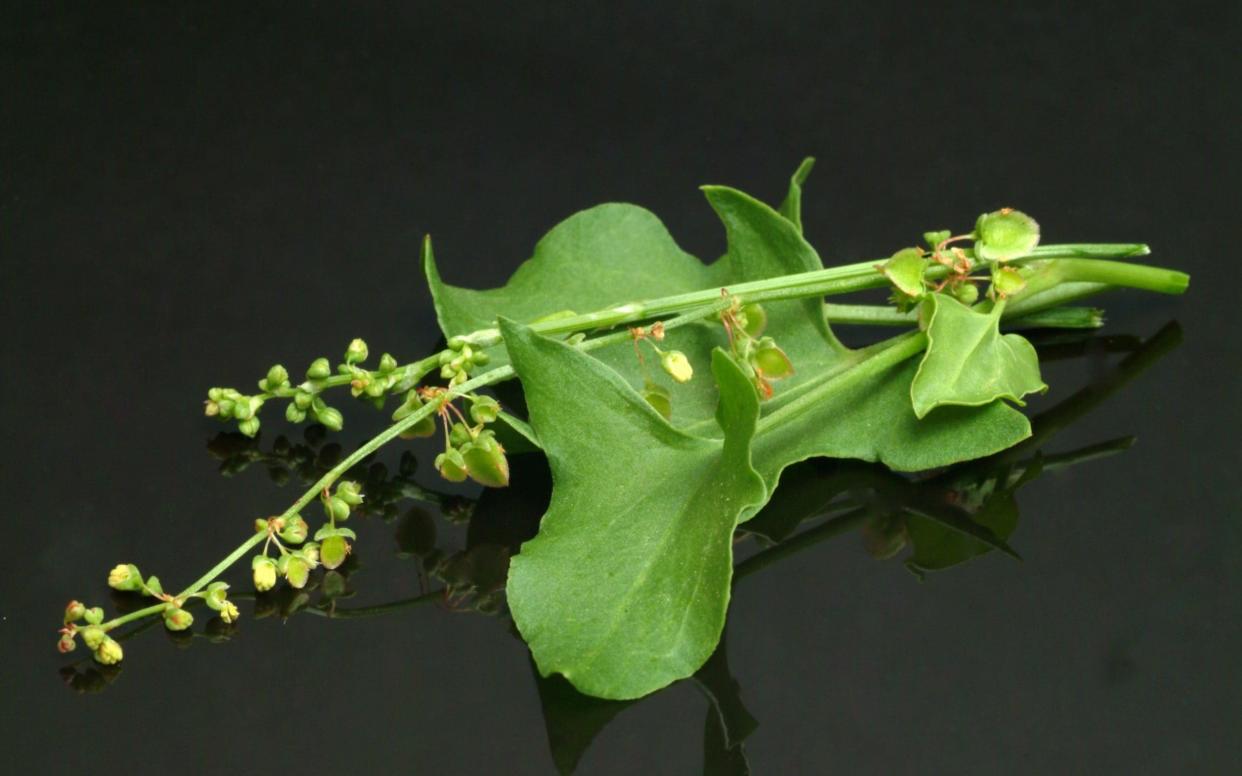Wake up to zingy spring tonics, says Francine Raymond

Feeling a little sluggish after over-indulging on winter’s comfort foods? Maybe a little Lenten abstinence would be a good idea, or at least celebrate the joys of the equinox with a spring tonic.
Historically, as the first few shoots appeared above ground, our ancestors imbibed them in a drink: nettles, chickweed, spinach, burdock, sorrel and rhubarb – all were grist to their mill. I can just about imagine what that would have tasted like, and I suppose chopped in a soup and wilted in butter the first few of those ingredients might be palatable.
Sorrel and rhubarb, however, both have a delightful tartness that wakes up the palate while invigorating our systems with vitamins and minerals. I love rhubarb. Not just because it heralds the start of my fruit-growing year, but because it tastes sharp and purifying, goes well with gin, and those buds, as they push lustily through their compost mulch, are a welcome surprise. For hard-to-find sorrel seed, try seedaholic.com; it offers two varieties of tangy, lemon-flavoured French sorrel.
Much British soft fruit relies on a certain amount of astringency; think gooseberries, currants and raspberries, but newer varieties of these berries are beginning to lose their bite. I visited East Malling Research Station in Kent a couple of years ago to hear about its new varieties of raspberry. Nearly all were autumn-fruiting to fill the gap in the berry-growing calendar. Climate change, transportation demands and disease-resistance are the challenges the trade faces and, in addition, berries have to be aphid-resistant, large, firm and very, very sweet, because apparently all customers under 30 identify fruit from the taste of its jam.

These desirable traits are identified by East Malling scientists in certain varieties, then crossed and propagated (often 40,000 seedlings are grown from 150 crosses), then the best are selected, trialled and eventually released to growers. I sampled 40 rows of raspberry canes and found many to be sugary and watery, without their characteristic raspberry flavour, though my grandsons probably would have loved them.
If, like me, you have the opposite of a sweet tooth, soon the only way to sample the delights of a real gooseberry fool, a mouth-puckering rhubarb crumble, a bracing blackcurrant cordial or tart redcurrant jelly will be from plants you’ve grown yourself.
Look to specialist growers who keep heirloom varieties such as Brandy Carr Nurseries – rhubarb and liquorice growers in Yorkshire – or Cromar Nursery in Kent, who supply pot-grown berries and currants (to plant now) and banish the bland from your kitchen and garden.


